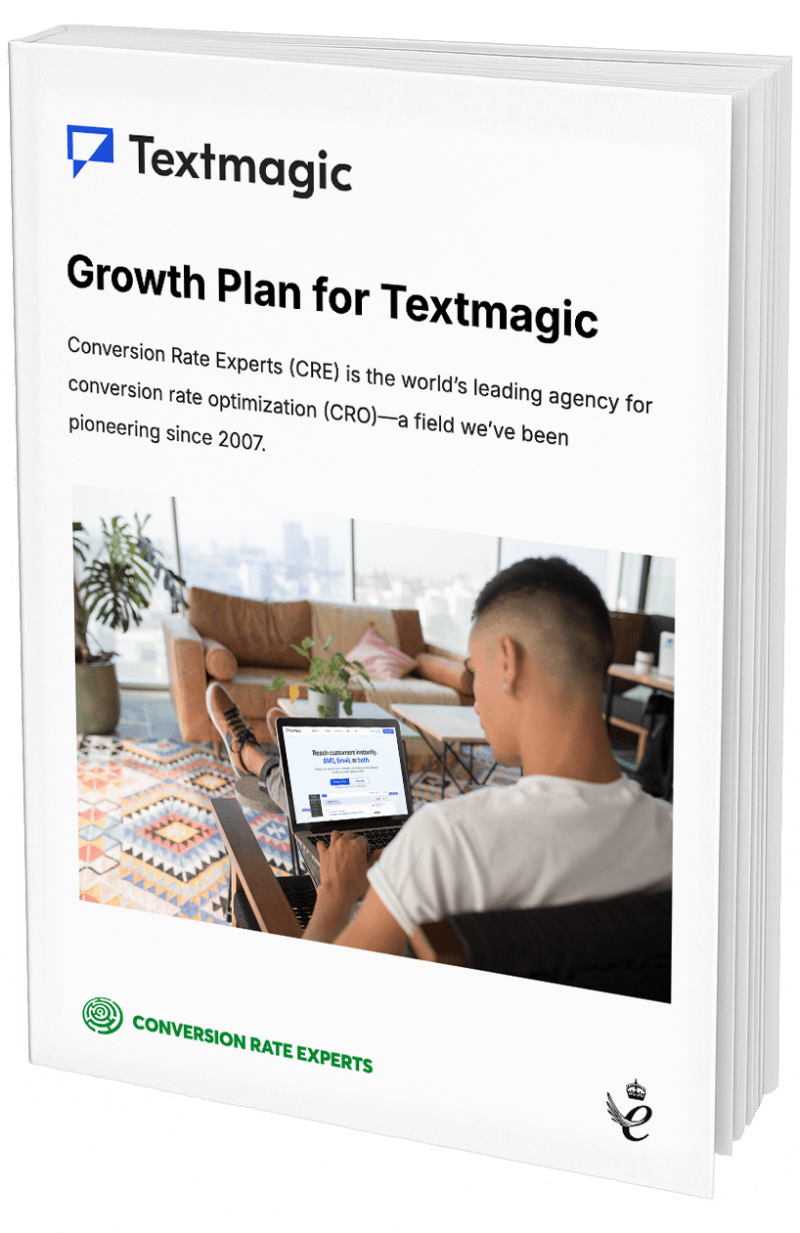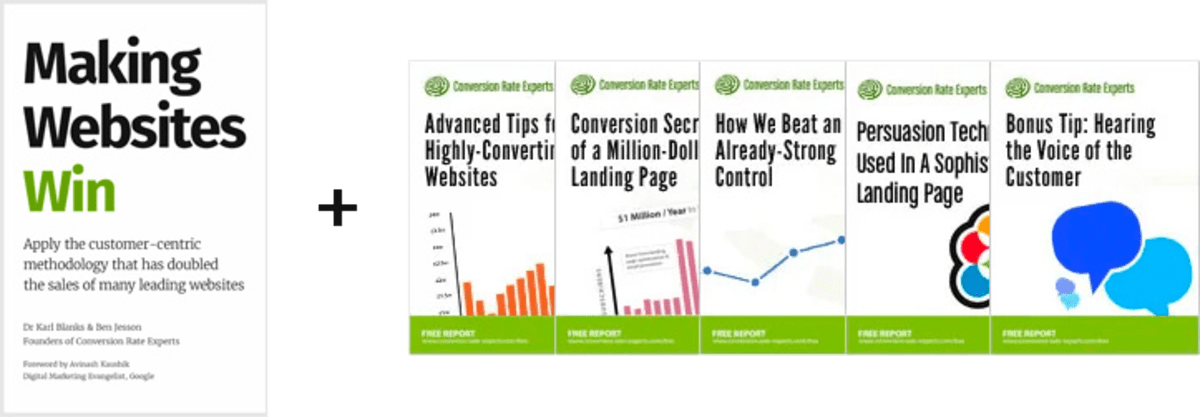Why it’s bad advice to “describe benefits, not features”

Some marketing experts say that all sales copy—including the copy on your website—should be expressed not in terms of features (a product’s properties) but in terms of benefits (how the product helps the user).
That advice is harmful.
Or, at best, confusing.
You should sometimes state the features, sometimes state the benefits, and often state both.
When—and why—to mention benefits
The “benefits, not features” advice was aimed at beginner copywriters, who often write only about features. Features usually aren’t enough. When buyers read features, they often think, “So what?” They don’t understand how the features will help.
If, as a buyer, you discover that a particular ebook reader has the feature of cellular connectivity, you may think, “So what? How would that be useful?” So you may appreciate an explanation of the benefits of cellular connectivity—that it allows you to buy and instantly download books from anywhere in the world. If you finish your book while lying on the beach on vacation, you can instantly choose and start a new one.
Sometimes, even obvious benefits are worth stating. You might understand that a flight will take you to a sunny Italian resort, but an explicit mention of that benefit will still psychologically take you there. It activates those neurons.
When to not mention benefits
However, there are times when the writer shouldn’t explicitly mention benefits.
One of them is when the benefit is taboo. A charity website shouldn’t explicitly say, “Donate today, and you can show off to your friends and probably go to heaven.”
Another is when the benefit is so obvious—or unimpressive—to be a waste of words and possibly patronizing. On a car manufacturer’s website, it’s probably worth mentioning that a car has a maximum speed of 120 mph, but it wouldn’t be worth explaining the benefits of that.
When—and why—to mention features
The second half of “mention benefits and not features” is clearly nonsense. You should usually state features. Imagine a laptop manufacturer’s website that says, “Lets you store loads of files,” but then refuses to state the size of the hard drive. Benefits alone can leave the reader thinking, “Yeah, right.” Benefits usually need proof to support them, and features are one of the most compelling forms of proof. It’s not enough to hear that a car is “really, really safe.” You want to know it has airbags.
When to not mention features
So when shouldn’t you mention features? You should omit them when the benefit is not in doubt—or when there is little space and a different type of proof better supports the benefit. With fitness videos, for example, customers are much more persuaded by celebrity endorsements and testimonials from other successful customers than by what’s in the video itself.
Conclusion
As with most aspects of CRO, you become more effective when you ignore rules like “Technique X is good; Technique Y is bad” and instead understand the technique’s function. So if you describe a feature and the readers say, “So what?” describe the benefit. If you describe a benefit and the readers says, “Yeah, right,” describe the feature (or another type of proof). By understanding the function of features and benefits, you can spot when to state a feature, a benefit, and both.
For more about describing benefits, see “Why many visitors abandon because they don’t understand what they’ll get.”
How much did you like this article?
What’s your goal today?
1. Hire us to grow your company
We’ve generated hundreds of millions for our clients, using our unique CRE Methodology™. To discover how we can help grow your business:
- Read our case studies, client success stories, and video testimonials.
- Learn about us, and our unique values, beliefs and quirks.
- Visit our “Services” page to see the process by which we assess whether we’re a good fit for each other.
- Schedule your FREE website strategy session with one of our renowned experts.
Schedule your FREE strategy session
2. Learn how to do conversion
Download a free copy of our Amazon #1 best-selling book, Making Websites Win, recommended by Google, Facebook, Microsoft, Moz, Econsultancy, and many more industry leaders. You’ll also be subscribed to our email newsletter and notified whenever we publish new articles or have something interesting to share.
Browse hundreds of articles, containing an amazing number of useful tools and techniques. Many readers tell us they have doubled their sales by following the advice in these articles.
Download a free copy of our best-selling book
3. Join our team
If you want to join our team—or discover why our team members love working with us—then see our “Careers” page.
4. Contact us
We help businesses worldwide, so get in touch!
© 2026 Conversion Rate Experts Limited. All rights reserved.















